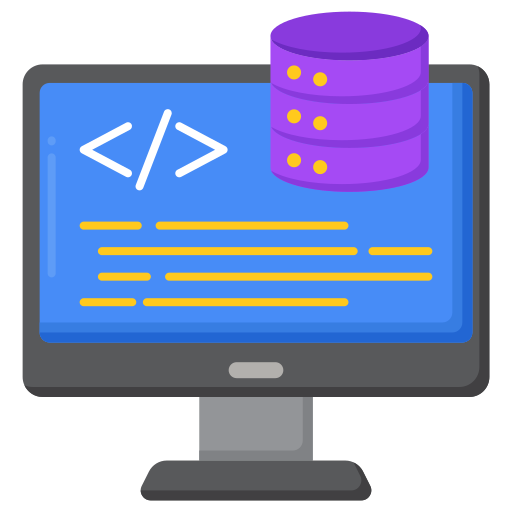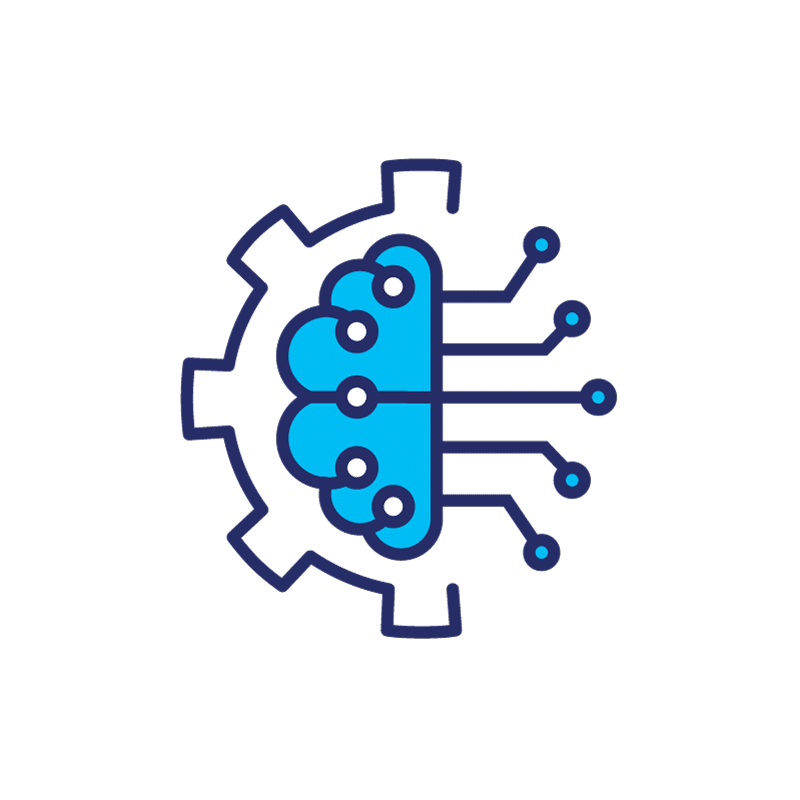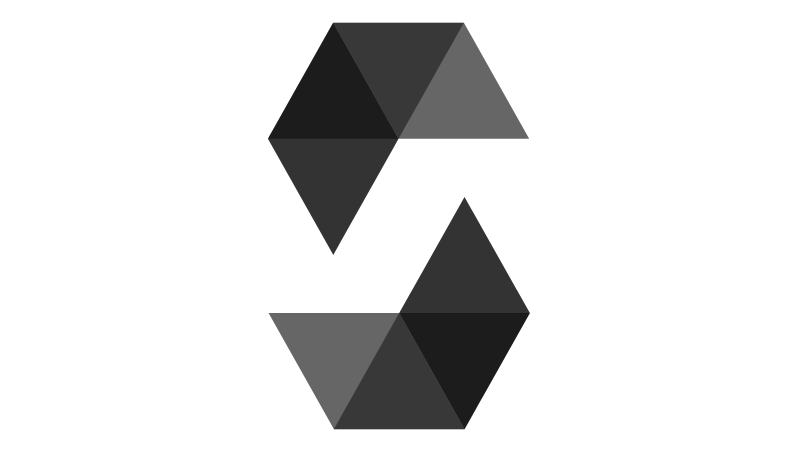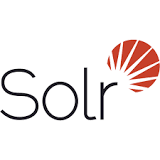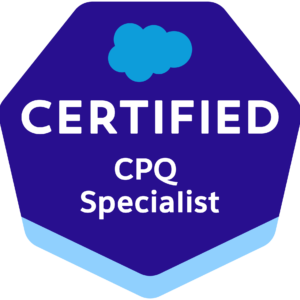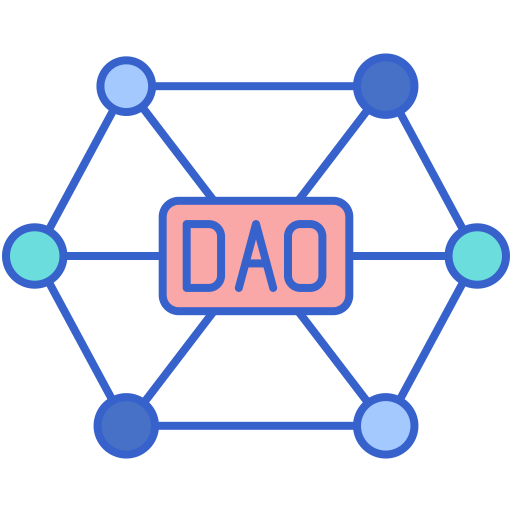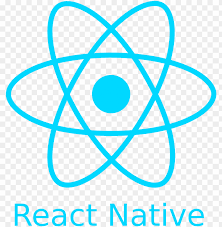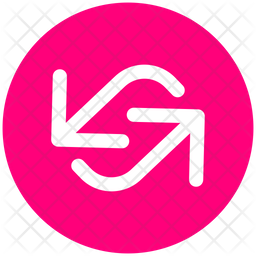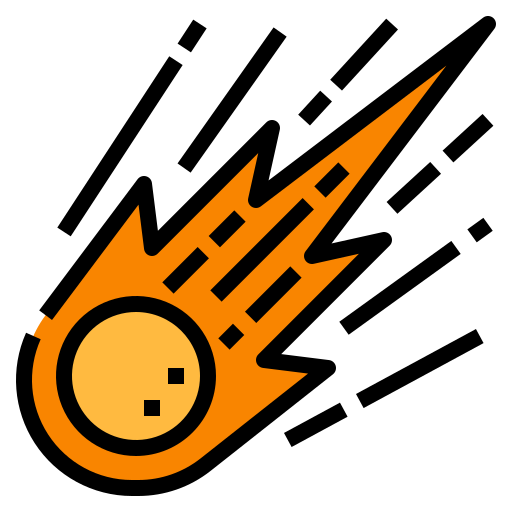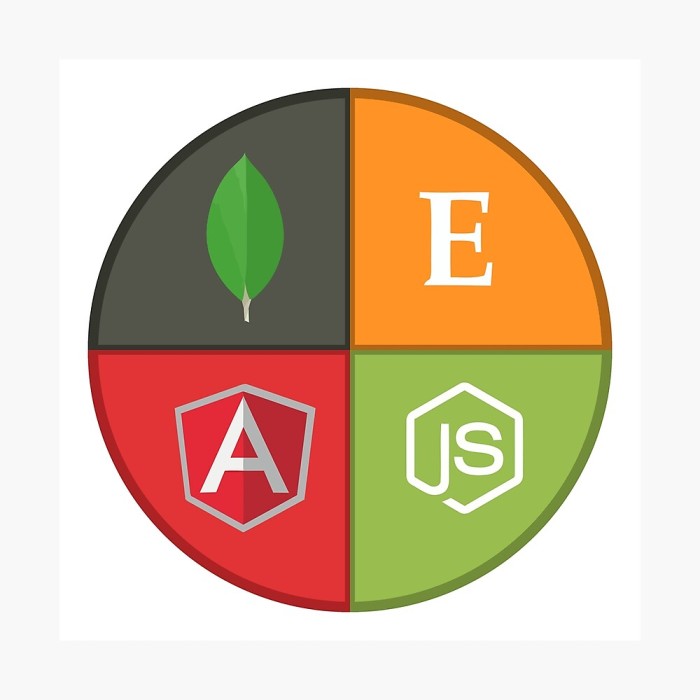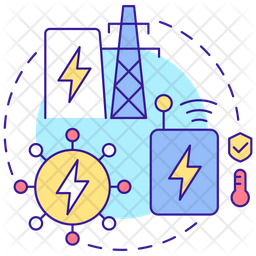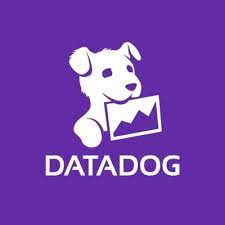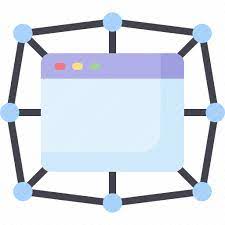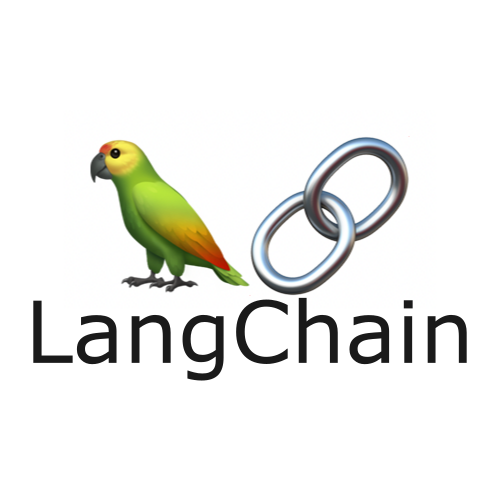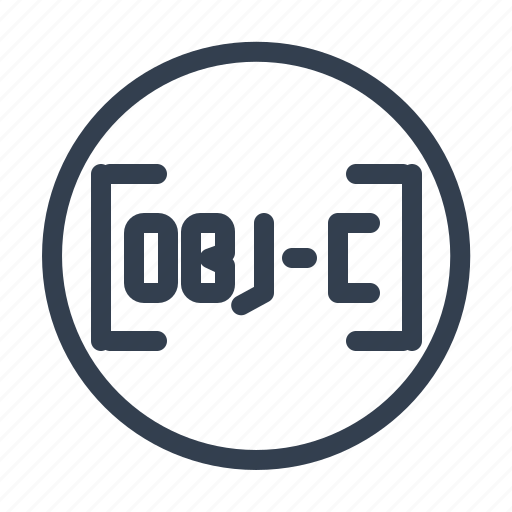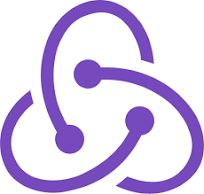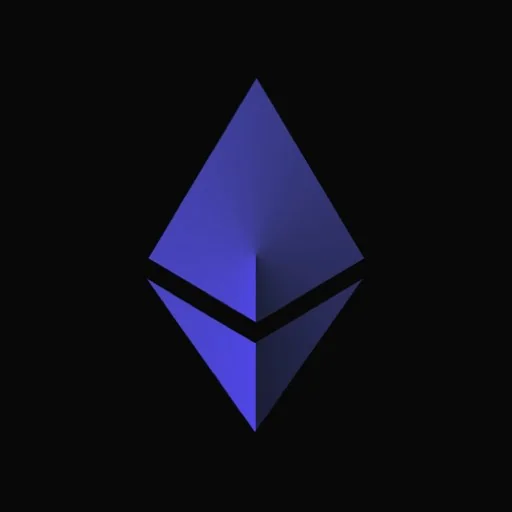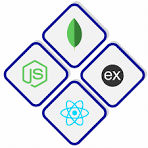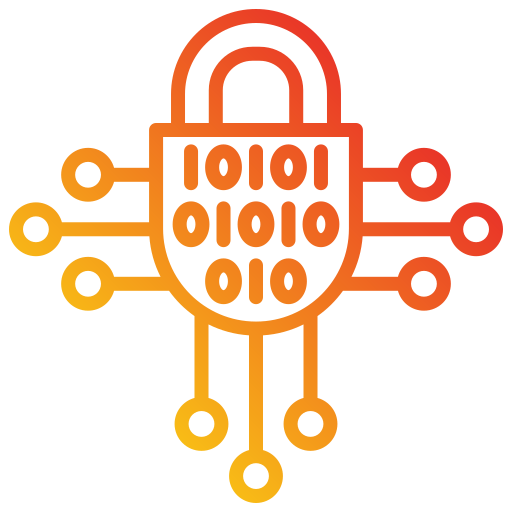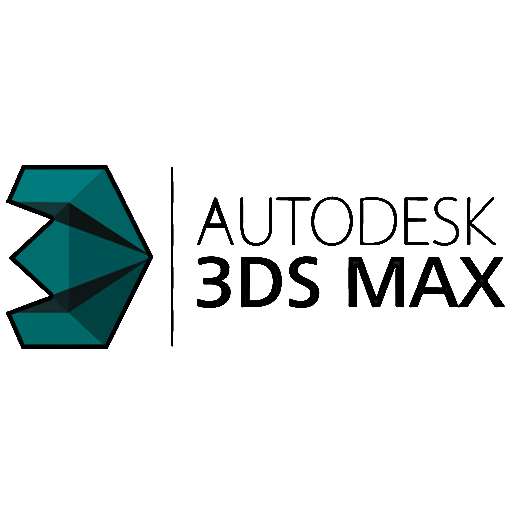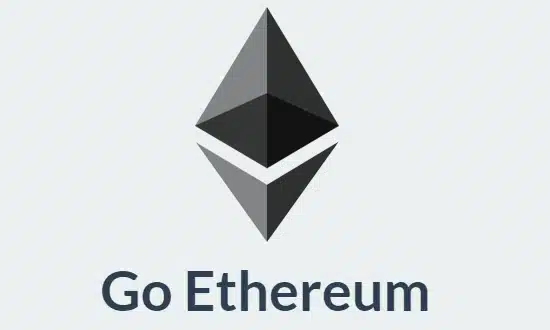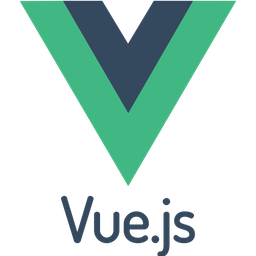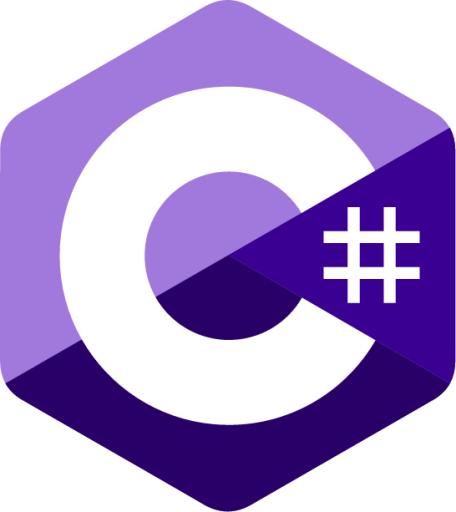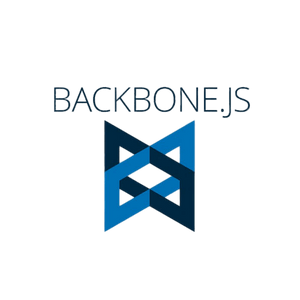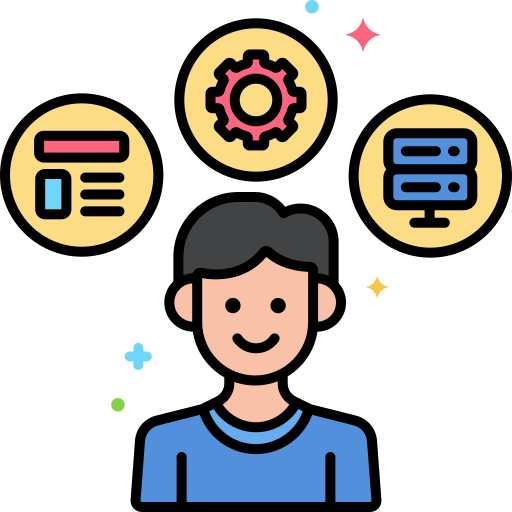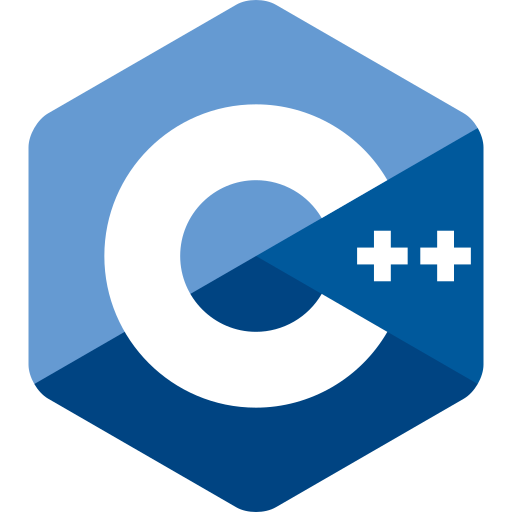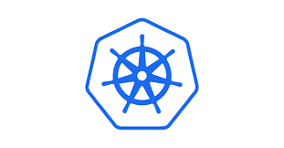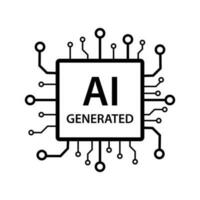Contents
What are the Essential Skills to Look for While Hiring a Cloud Engineer?
What are the Roles and Responsibilities of a Cloud Engineer?
How to Hire a Dedicated Cloud Engineer?
What is the Cost of Hiring a Cloud Engineer from India?
Why Hire a Cloud Engineer from UltraGenius?
What Does a Cloud Engineer Do?
Interview Questions for Cloud Engineer
In today's fast-paced digital market, the demand for skilled cloud engineers, especially those with expertise in artificial intelligence (AI), is skyrocketing. As a hiring manager, business owner, or IT head, you understand these professionals' critical role in driving innovation and maintaining a competitive edge. But how do you hire a cloud engineer who fits the bill and brings the right blend of skills and experience to your team? Through strategic planning, you navigate the process of hiring experienced cloud engineers, whether remote, freelance, part-time, or full-time.
What are the Essential Skills to Look for While Hiring a Cloud Engineer?
When you're ready to hire a cloud engineer with AI expertise, focus on candidates who demonstrate a blend of technical and soft skills: Technical Proficiency in Cloud Platforms: Look for hands-on experience with major cloud services like AWS, Azure, or Google Cloud. This expertise is crucial for developing and managing AI applications effectively in the cloud environment. AI and Machine Learning Knowledge: A skilled cloud engineer should be proficient in AI and machine learning algorithms. This knowledge enables them to implement advanced AI features into your cloud solutions. Coding Expertise: Proficiency in programming languages such as Python or Java is essential. These languages are commonly used in AI and cloud computing projects. Database Management Skills: A strong understanding of database management ensures that your cloud engineer can handle large datasets efficiently, a key aspect of AI applications. Effective Communication: The ability to articulate complex technical concepts clearly is vital, especially when collaborating with teams or explaining solutions to non-technical stakeholders. Teamwork and Collaboration: Working in harmony with other team members, sharing knowledge, and contributing to collective goals are important traits. Adaptability: The tech field is ever-evolving. An experienced cloud engineer should be adaptable and keen to stay abreast of new trends and technologies in the cloud.
What are the Roles and Responsibilities of a Cloud Engineer?
Cloud engineers play a key role in shaping the technological operations of organizations. If you hire an experienced cloud engineer, their roles and responsibilities would be: Designing and Implementing AI Solutions: They create innovative AI models and integrate them into cloud platforms, ensuring that these solutions are scalable and efficient. Managing Cloud Infrastructure: Cloud engineers oversee the cloud environment, ensuring its robustness and reliability for AI deployments. Ensuring Data Security: They will help you safeguard data within the cloud, implementing best practices for data privacy and compliance with regulatory standards. Optimizing AI Models: They continually refine AI algorithms for enhanced performance, ensuring that these models adapt and evolve with organizational needs. Collaboration and Problem-Solving: Working in tandem with other IT professionals, they address complex challenges, ensuring seamless integration of AI with existing systems. Staying Abreast of Technological Advances: Keeping updated with the latest trends in cloud AI technology is vital for driving innovation and maintaining a competitive edge.
How to Hire a Dedicated Cloud Engineer?
If you want to find a top cloud engineer, you have to follow a strategic process that will help in infusing your projects with the innovative edge of AI and cloud technology. Here's a step-by-step guide:
- Define the Role and Requirements
- Utilize Your Network and Job Platforms
- Evaluate Technical Skills and Experience
- Conduct Structured Interviews
- Assess Cultural Fit and Soft Skills
- Ensure a Track Record of Success
Outline specific skills and qualifications needed, such as proficiency in AI algorithms and cloud platforms like AWS, Azure, or Google Cloud. Identify the level of experience required, for example, familiarity with deploying AI models in a cloud environment.
Leverage professional networks, LinkedIn, and specialized tech forums to find potential candidates. Post detailed job listings on prominent tech job boards and platforms dedicated to cloud and AI professionals.
Review resumes for relevant experience, particularly successful cloud projects. Use technical assessments or coding tests to gauge their practical skills in AI and cloud computing.
Focus on understanding their problem-solving approach in AI-related scenarios. Discuss previous projects to evaluate their role and impact in real-world applications.
Determine their ability to collaborate, communicate effectively, and adapt to your organizational culture. Assess their passion for continued learning, which is crucial in the ever-evolving areas of AI and cloud computing.
Look for demonstrated success in AI projects, especially those involving cloud technologies. Check references or ask for case studies to validate their achievements.
What is the Cost of Hiring a Cloud Engineer from India?
Hiring a remote cloud engineer from India offers a range of pricing options, depending on their experience and the terms of employment:
- Freelance Cloud Engineers
- Part-time Engineers
- Full-time Engineers
Hourly/Project Basis: Rates typically vary from $15 to $50 per hour. Flexibility: Ideal for short-term projects or specific tasks. Cost-Efficiency: Enables budget control and reduces long-term commitments.
Monthly Cost: Generally, the cost ranges between $500 to $2000 per month. Work Hours: Suitable for ongoing projects requiring less than full-time commitment. Adaptability: Balances workloads during peak periods without full-time hiring.
Annual Salaries: Can range from $20,000 to $80,000, influenced by their experience and expertise. Long-term Engagement: Ideal for sustained and in-depth project involvement. Skill Level: Higher costs are associated with more experienced and highly skilled engineers.
Why Hire a Cloud Engineer from UltraGenius?
When you choose UltraGenius to hire a cloud engineer, you're opting for a service that excels in several key areas:
- Top-Tier Talent
- Rigorous Vetting Process
- Skill and Need Alignment
- Adaptable and Scalable Solutions
- Commitment to Excellence
At UltraGenius, we boast a roster of some of the most skilled and experienced cloud engineers in the industry. Our professionals are adept in the latest AI and cloud technologies, ensuring cutting-edge solutions for your projects.
Each engineer undergoes a stringent selection process. This includes technical evaluations, interviews, and practical assessments, guaranteeing you access to only the best talent.
We prioritize understanding your specific project needs and company culture. This ensures that the cloud engineer you hire is not just technically proficient but also a perfect fit for your team.
Whether you need a remote cloud engineer for a short-term project or a full-time expert, UltraGenius offers flexible hiring models to suit your unique requirements.
Our commitment to delivering excellence is unwavering. When you hire from UltraGenius, you're ensuring a partnership that is dedicated to the success of your AI and cloud endeavors. UltraGenius is your ideal partner in navigating the complexities of hiring skilled cloud engineers, ensuring a seamless, efficient, and successful hiring process.
What Does a Cloud Engineer Do?
If you hire an experienced cloud engineer, they will play a pivotal role in the intersection of cloud computing and artificial intelligence. Here's a more detailed breakdown of what they do to help you:
- Development and Implementation
- Integration of AI with Cloud Services
- Ensuring Scalability and Efficiency
- Infrastructure Management
- Robustness and Security
They design and develop AI-driven applications and services, leveraging cloud platforms. This involves creating algorithms, building models, and deploying AI solutions in the cloud.
A core responsibility is to integrate AI capabilities into existing cloud infrastructure. This includes enhancing cloud-based applications with AI functionalities like machine learning, natural language processing, and predictive analytics.
They are tasked with ensuring that the AI applications are scalable and efficient, capable of handling large data sets and complex computations without compromising performance.
A key aspect is Managing and optimizing the cloud infrastructure to support AI operations. This includes configuring cloud resources, monitoring performance, and ensuring cost-effectiveness.
Ensuring the robustness of AI applications, including their reliability and security. They implement measures to protect data and AI models from threats and ensure compliance with data protection regulations. If you hire a cloud engineer, you are investing in a professional who enhances your cloud solutions with advanced AI capabilities, ensuring your technology infrastructure is not just powerful but also intelligent and future-ready.
Interview Questions for Cloud Engineer
- How do you ensure AI model efficiency and accuracy in a cloud environment?
- Describe a challenging cloud AI project you worked on. What was your role, and how did you overcome the challenges?
- How do you approach data security and compliance in cloud-based AI applications?
- Can you explain the process of integrating a specific AI model into a cloud platform?
- How do you stay updated with the latest trends in cloud AI technology?
To ensure AI model efficiency and accuracy in a cloud environment, I focus on optimizing data preprocessing, selecting the right model architecture, and continuously monitoring performance metrics. I use cloud-specific tools for auto-scaling and load balancing to handle variable workloads efficiently. Regularly updating the models based on real-world feedback and employing robust validation techniques are also key strategies I rely on.
On a recent challenging cloud AI project, I was the lead engineer responsible for developing an AI solution for real-time data analysis. The project faced issues with data volume and velocity. I overcame these by implementing a distributed data processing system and optimizing our machine learning algorithms for speed. Regular team collaborations and adaptive planning were crucial in addressing these challenges effectively.
In cloud-based AI applications, I prioritize data security and compliance by implementing encryption both in transit and at rest and using secure protocols for data transfer. I ensure compliance with relevant regulations like GDPR by maintaining data anonymity and conducting regular audits. Staying informed about the latest security trends and adapting to new compliance requirements is also a part of my routine.
Integrating an AI model into a cloud platform involves several steps. Initially, I select a suitable cloud service provider that aligns with the project's needs. I then set up a cloud environment, ensuring the necessary computing resources are available. After this, I deploy the AI model using containerization tools and use cloud services for scalability and efficient model management.
To stay updated with the latest trends in cloud AI technology, I regularly attend webinars and workshops, participate in online forums, and subscribe to relevant journals and newsletters. Engaging with the cloud AI community through conferences and meetups is also crucial. Additionally, I allocate time for experimenting with new tools and technologies in my personal projects.




































